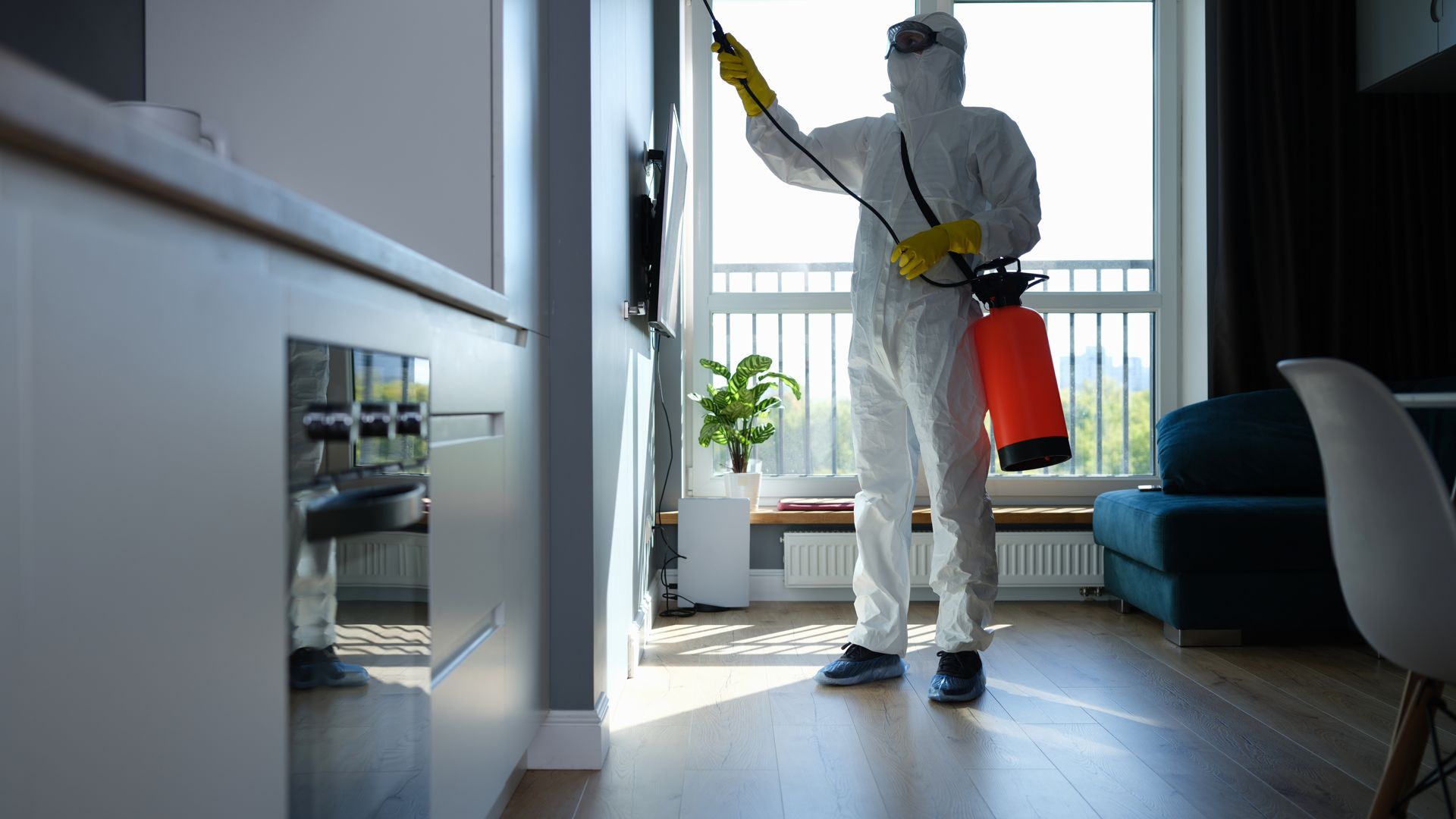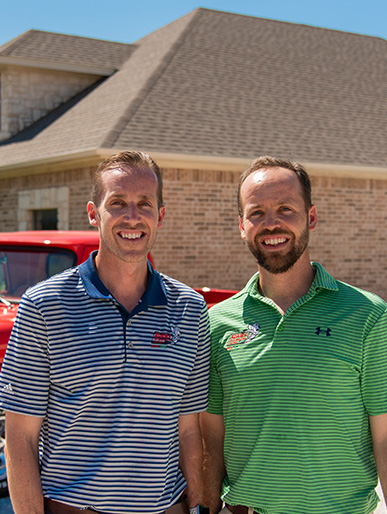
Where Do Termites Come From?
In our Lewisville service area, termites can be a serious threat. But most folks don't really know where this threat comes from. It is common for people to think that an infestation begins with a swarm of termites landing on their home—as if termites swarm around in the air and then settle on a place to live as a group. This isn't quite how it works. If you walk out into your backyard and see hundreds of termites on your exterior wall, that is not likely a sign of an impending infestation. When large numbers of winged termites are seen together, it is a sign of a current and mature infestation on the property because those swarmers don't swarm for more than a few minutes before they break up into couples.
The Anatomy of a Termite Swarm
When a termite colony gets big enough, the queen begins to create alates. These are male and female winged reproductives that are developed for a singular purpose: to create new colonies. The queen releases a pheromone scent and the alates work their way to the surface (toward the light) and exit the colony. Once they take to the air, they begin to swarm with each other. This is why we call them swarmers. This swarming behavior helps the males and females find a mate. When they do, they are mated for life.
In the same way a queen uses pheromone scents to communicate with the subjects in her colony, female alates use pheromones to attract a mate. After the two have come together, they look for a suitable place to land and start a family. They break free of the swarm, land on the ground, shed their wings and dig out a chamber in the ground. This is their nuptial chamber. It is where they will mate for the first time and where the queen will begin to create her offspring.
If you find a few termites on your property and there are shed wings lying on the ground, you might be looking at the start of an infestation. It could also be the start of a new nest on your property. Either way, it isn't good. As a new queen creates new workers for her colony, those workers are going to need to eat, and their primary food sources is wood.
It is important to understand how termites swarms work because a misunderstanding can lead you to believe that your property is safe and allow those wood-damaging pests the opportunity to feed on your home without you knowing it.


Why Choose Adams Exterminating?
-
Trained Entomologists & Service TechniciansOur team brings a deep understanding of insect biology and behavior to create targeted pest control strategies. We're equipped with the latest techniques and technologies to effectively eliminate pests.
-
Customized Plans for Every BudgetRecognizing that each space is different, we customize pest control services for every home or business. Our approach involves targeted solutions, addressing specific needs for your environment.
-
Trusted in the Community Since 1947With a legacy dating back to 1947, our pest control company brings decades of experience with a proven track record to keep your space critter-free.
-
Locally Owned & OperatedAs a locally owned business with offices in both Denton and Lewisville, we are rooted in the community and dedicated to serving our neighbors with personalized service.


